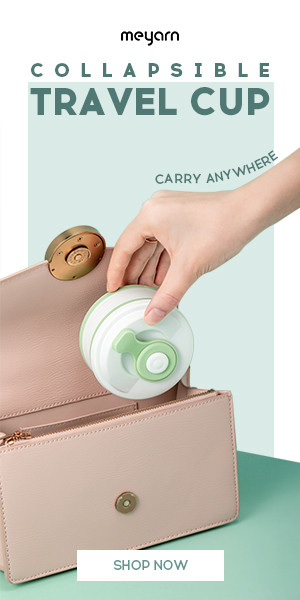Helping Loved Ones Cope with Incontinence
 It is often a misconception that only old people suffer
from incontinence. While most cases of incontinence worldwide involve people
over the age of 65, almost anybody can have this condition. A person undergoing
massive stress may develop incontinence due to the lack of sleep, poor diet and
emotional instability. Incontinence might also happen as a complication after
major surgery or childbirth. It can also be the symptom of an underlying
condition.
It is often a misconception that only old people suffer
from incontinence. While most cases of incontinence worldwide involve people
over the age of 65, almost anybody can have this condition. A person undergoing
massive stress may develop incontinence due to the lack of sleep, poor diet and
emotional instability. Incontinence might also happen as a complication after
major surgery or childbirth. It can also be the symptom of an underlying
condition.
Living with incontinence is difficult and while it is
something that’s difficult for the elderly to handle, it’s even worse for
people who are in their 20s-40s. Other people are much more forgiving on older
people who have incontinence-related accidents in public. Unfortunately,
younger adults aren’t so lucky. Incontinence is a burden that is not only
carried by the people who have it. Their loved ones must also make some
adjustments and gain some knowledge on how to care for people with
incontinence, whether old or otherwise.
When living with someone who suffers incontinence, one of
the biggest concerns is additional expenses. Incontinence products don’t come
cheap and if the person afflicted with the condition is a family member, most
likely you will need to chip in for the expenses. Even if you don’t have to
directly contribute money, you will still be affected due to potential cost
cutting to accommodate the new expense. While living without certain luxuries
might be new to you, remember that the one suffering the most is your loved one
and you’re still lucky that you’re not going through that ordeal yourself.
People with incontinence issues use the bathroom a lot and
you might have to give them priority over the bathrooms in the house. While in
public, most people use adult diapers, incontinence garments and other incontinence
products; but in the house, they might feel more comfortable as they won’t get
humiliated when they have an accident. This means you might have to deal with
stained sofas and dining chairs every now and then. The only way to deal with
this is to possibly appeal to your member for a compromise of at least wearing
pads in the house. Pads don’t offer a lot of protection against wetness, but
they’re more comfortable than diapers.
Cleanup is something you have to get familiar with over
the course of time, especially if the person with incontinence is relatively
older and can’t manage to clean their mess alone. While this may seem
disgusting at first, there are several incontinence products that can help make
the task easier. There are odor neutralizers and antibacterial sprays that can
make cleaning less tedious.
Lastly, the most important thing a loved one needs during
these trying times is your support and understanding. Although it’s difficult
to live with shame every time they have an incontinence-related accident in
public and get laughed at, it’s even more hurting if a family member does it.
To show you care and understand his or her predicament, learn more about their
routines and develop a strategy on how to exit and escape when incontinence
strikes while you’re out in public. Remember, this condition is extremely
manageable and the weight of it gets lighter if the person has friends and
family that will support and stand by them.
Denzel Zurich is a blogger and freelance writer who
maintains several blogs focusing on societal perceptions towards incontinence
and other diseases that require lifetime management. He has written several
guides on what families and friends can do, specifically on what incontinence products to buy and certain warning signals to watch out for.






















0 komentar:
Post a Comment